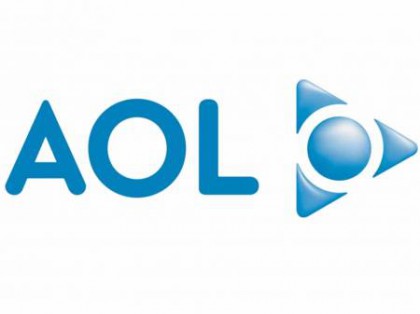Top Class Actions’s website and social media posts use affiliate links. If you make a purchase using such links, we may receive a commission, but it will not result in any additional charges to you. Please review our Affiliate Link Disclosure for more information.

The complaint filed by Plaintiff Nicholas Derby claim AOL sent text spam without his consent, which if found liable could result in $500 award to Derby per TCPA violation. AOL claims the proposed TCPA class action lawsuit should be dismissed, arguing the plaintiff received the alleged unsolicited text messages due to human error and not through an automatic telephone dialing system campaign.
AOL’s motion to dismiss states, “the complaint seeks to turn an isolated error by a single individual -nothing more than a misdialed number for a text message – into the basis for a nationwide class action under the Telephone Consumer Protection Act (TCPA). In doing so, the complaint disregards firmly established TCPA precedent that forecloses any possibility of a viable TCPA claim under such circumstances.”
The proposed AOL TCPA class action lawsuit claims that Derby received three unsolicited text messages from an unnamed “AOL user” addressed to “someone named Sy.” Although the messages were allegedly sent through AOL Instant Messenger (AIM) to the plaintiff’s cell phone, AOL denies any wrongdoings. The defendant claims that since it is the customers “and others” and not AOL as a company that initiate the transmissions of instant messages, this TCPA class action lawsuit should be dismissed.
According to AOL, the instant messenger relies on individuals providing phone numbers and “no instant messages or confirmation text messages can be sent unless an individual inputs a phone number.”
Derby claims that after he received the unsolicited text message from an unnamed AOL user, he sent a text to AOL from his cell phone to block any future messages from the sender. Once that block message was sent, Derby received a confirmation text that the sender had been blocked. The proposed TCPA class action lawsuit does not claim that Derby received any further AIM messages after that point in time.
AOL’s motion to dismiss further alleges that TCPA violations require an automatic telephone dialing system that operates without “human intervention,” which the company did not use. AOL claims the plaintiff only received a text confirmation of his request to block messages from the “errant sender” because Derby voluntarily texted the request from his cell.
Telephone Consumer Protection Act Explained
There are numerous laws in place that protect consumers from telemarketers who use automatic telephone dialing systems as a way to advertise or promote their business. Congress approved the Telephone Consumer Protection Act in 1991 and makes adjustments to the laws as technology evolves.
Businesses found in violation of TCPA can be fined $500 – $1,500 for each incident. Since companies often try to reach large amounts of customers at once, if they are found guilty of TCPA violations, the financial pay-outs for plaintiffs and Class Members are often substantial.
TCPA violations include:
- Unwanted phone calls or unwanted cell phone calls before 8 a.m. or after 9 p.m. local time
- Calls to consumers who specifically ask the company not to call them
- Robocalls with prerecorded messages
- Unsolicited advertising faxes
- Using an automatic telephone dialing system to place the call
- Calling consumers placed on the National Do Not Call Registry
- Failing to identify the person or entity on whose behalf the call is being made
- Text messages without prior consent
In 2013, the TCPA explained that “express consent” meant a written agreement. For example, when it comes to text messages, express consent could include signing up for text alerts through a website or cell phone app.
Recent TCPA class action settlements have awarded plaintiffs substantial monetary damages. If you believe a company has violated TCPA, you should contact an attorney to find out if you have legal claim.
The AOL TCPA Class Action Lawsuit is Derby v. AOL Inc., Case No. 5:15-cv-00452-RMW, in the U.S. District Court for the Northern District of California San Jose Division.
Join a Free TCPA Class Action Lawsuit Investigation
If you were contacted on your cell phone by a company via an unsolicited text message (text spam) or prerecorded voice message (robocall), you may be eligible for compensation under the Telephone Consumer Protection Act.
ATTORNEY ADVERTISING
Top Class Actions is a Proud Member of the American Bar Association
LEGAL INFORMATION IS NOT LEGAL ADVICE
Top Class Actions Legal Statement
©2008 – 2024 Top Class Actions® LLC
Various Trademarks held by their respective owners
This website is not intended for viewing or usage by European Union citizens.














